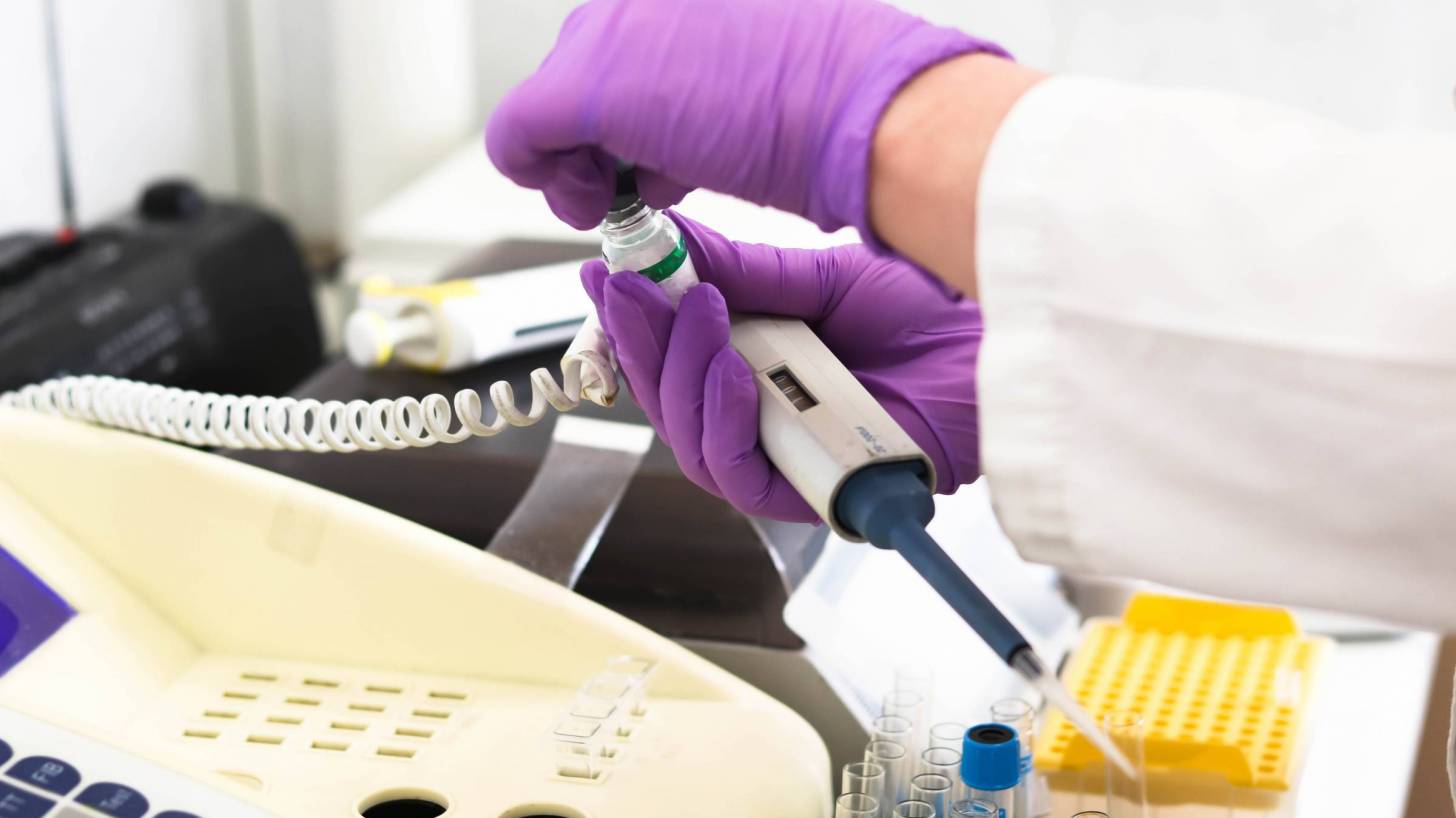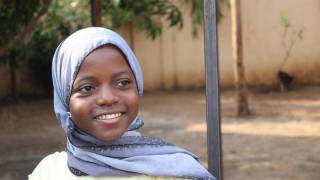Decoding the Human Immune Response to the v920 Ebola Vaccine

A Weizmann Institute of Science lab says they have ‘uncovered the details of the molecular response that occurs in the immune system after vaccination against Ebola’.
To contain the Ebola epidemic, the recombinant vaccine v920 (rVSV-ZEBOV) has been used. This vaccine combines attenuated vesicular stomatitis viruses with the envelope protein of the Zaire Ebolavirus.
These new findings published in Nature Medicine on October 7, 2019, may help health organizations devise better strategies for containing and preventing the further spreading of the Ebola Zaire disease in central Africa.
The researchers demonstrated that the current Ebola vaccination induces a broad range of different antibodies against the Ebola virus and that different sites on the envelope protein of the virus are recognized.
Many of the investigated antibodies also exhibit a highly neutralizing activity, which is in general important to protect against infections.
In fact, 2 of the isolated antibodies, 3T0331 and 4T0243, were able to neutralize Ebola viruses in cell culture more efficiently than other antibodies that are currently used for treating Ebola virus infection.
Furthermore, these scientists discovered that certain antibodies occurred in a very similar manner.
'We identified Ebola virus-specific B cells in the blood and analyzed those on a single cell level', said Dr. Matthias Zehner, in a press release.
'The similarity of certain antibodies amongst the vaccinated individuals is very impressive since each person can produce an almost unlimited number of different antibodies.”
“The detected antibodies are also similar to those found in Ebola survivors, which corroborates that the vaccine induces an antibody response similar to that of the actual infection.”
Moreover, the researchers demonstrate that therapeutic antibodies can be effectively isolated from vaccinated individuals.
'This is particularly important for cases of serious outbreaks in areas with poor infrastructure. If, for example, a vaccine study against the pathogen was carried out at an earlier time point, one could attempt to isolate specific antibodies directly from these individuals,” explained Professor Florian Klein.
‘Understanding exactly how the immune response is produced following vaccination will not only help refine the vaccine, itself, it can help us understand whether it will work against different strains of the (Ebola) virus or whether the dose given today is the best one.’
‘Those antibodies can then be investigated to protect and treat the infection,’ concluded Dr. Klein.
Another reason to be hopeful said these researchers, ‘is that subjects who had received a lower-dose version of the (v920) vaccine had a similar number of effective antibodies to those in subjects who had received a higher dose.’
‘This finding could lead to a reconsideration of protocols for administration and possibly afford more people protection.’
This is good news since the Democratic Republic of Congo has confirmed more than 2,100 deaths related to the current Ebola Zaire virus outbreak.
The current Ebola Zaire vaccines administered in central Africa include Merck’s V920 (rVSVΔG-ZEBOV-GP) a recombinant, replication-competent Ebola vaccine and Jannsen’s Ad26.ZEBOV/MVA-BN a heterologous prime-boost Ebola vaccine regimen.
And, on October 1st, the U.S. Department of Health and Human Services announced it will support the simultaneous development of individual vaccine candidates against the Marburg virus and Sudan ebolavirus infections.
Previously, on September 30th, UW-Madison researchers announced another Ebola Disease virus vaccine candidate will be used in a limited phase 1 clinical trial in Japan during December 2019.
The investigations were carried out with the support of the German Center for Infection Research in close cooperation with researchers from the University of Marburg, the University Hospital Hamburg-Eppendorf, the Bernhard Nocht Institute for Tropical Medicine, the University Hospital Frankfurt, the University of Tübingen, and the Weizmann Institute for Science in Israel.
Ebola vaccine news published by Precision Vaccinations
Our Trust Standards: Medical Advisory Committee
- Polyclonal and convergent antibody response to Ebola virus vaccine rVSV-ZEBOV
- A glimpse into immune responses evolving against Ebola virus
- Researchers decode the immune response to Ebola vaccine
- Ebola Antibodies at Work
- Researching Ebola in Africa
- Immunomonitoring of human responses to the rVSV-ZEBOV Ebola vaccine








